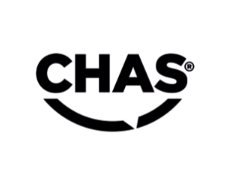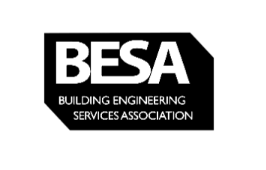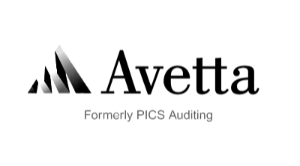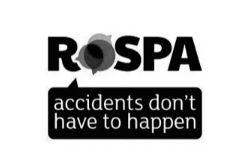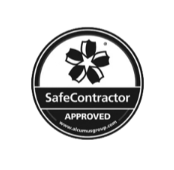Children love the outdoors. Whether it’s hunting for insects, chasing birds and butterflies, climbing trees or making dens, we all remember what it’s like to be small, living in a big world. Letting our imagination run wild through running and shouting, story-telling, playing games and discovering the great outdoors is all part of growing up. From the Wind in the Willows to Swallows and Amazons, going on Bear Hunt’s and searching for Gruffalo’s, most of our favourite children’s books all ignite our interest in our natural environment, inspiring creativity, independence and well-being.
In fact, children’s well-being and environmental issues are inextricably linked. Recent reports have suggested children have a strong sense of the environment as a social space, and have a good grasp of environmental issues when allowed to explore their own natural environment. Playing outdoors and exploring new spaces contributes to a child’s learning and overall well-being. And this is where schools come in. Learning about our planet and its limited resources help children develop habits and commitments that will enable them to address environmental problems in the future. And if a school can engage in green initiatives, making simple but visible changes to products used by children day in, day out, children will be more inclined to embrace and remember the environmental message behind it, and probably teach their parents a thing or two!
By making small changes to everyday items, schools can make a difference, without compromising on budget. For example, most schools need sanitary bins, but have we ever stopped to think about the impact of where the sanitary waste ends up? Probably not. With landfill capacity at crisis levels, phs is committed to helping make a difference. As a result, waste from all phs sanitary disposal units is now processed by phs LifeCycle, which diverts the waste from landfill and processes it as an alternative fuel source, used to power schools, factories and homes. With UK landfill due to run out within the next 10 years, we need to find alternative solutions for our waste. Join us on our journey to help the planet and save up to £550 within your first year with phs*.
And it’s not just above the ground where we can make a difference. Under the sea, wildlife and reefs are being threatened by abandoned fishing nets, which are inadvertently trapping and capturing dolphins, turtles and other marine animals. But again, it’s by making a change to the essential products already in place in most schools where we can help make a positive contribution. For instance, mats are a common place feature around a school building, used primarily to prevent slips and trips. But since 2017, all phsmats have been constructed from 100% regenerated ECONYL® yarn. Made from recovered fishing nets disposed in the sea, our mats soak up dirt and moisture from shoes, whilst dredging the ocean of this damaging waste. Partner with phs today to see how you can save money, and the environment.
It’s easy to take our environment for granted, especially when we reach an age where it’s no longer acceptable to climb trees! So, to protect our trees for future generations to explore, we have partnered with the National Forest, which supports forest creation to provide a resilient environment. And, as we also sell paper, paper towels, toilet paper etc, it is important for us to inspire communities to do something positive for their local treescape. The environment is a hot topic in the press and classrooms across the world and much has been said about the need for action to protect our planet. So making small changes to everyday essentials, like sanitary bins and mats, can help make a big difference. These changes can leave a positive impression on staff and pupils, and their attitudes towards the environment, resulting in a big impact in a short space of time. Start the conversation about conservation. Call phs today to begin making a difference in your school.
*Based on an average order value of £2,200 per year






























